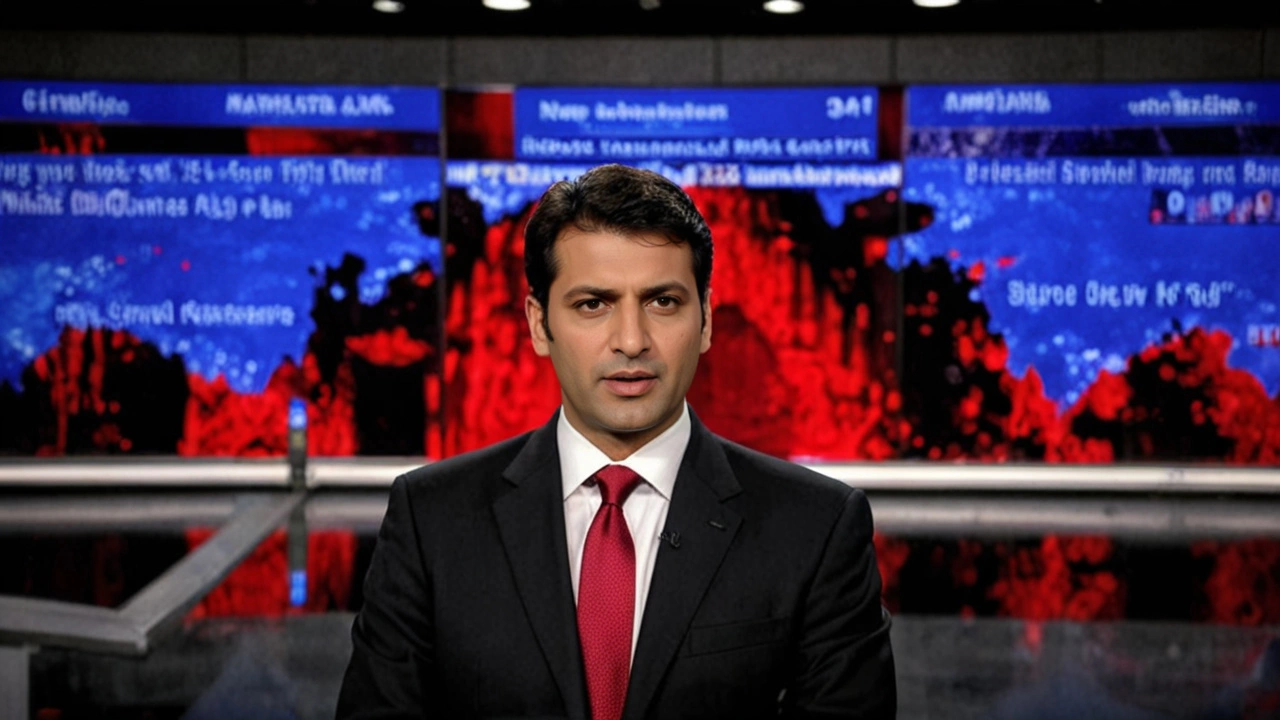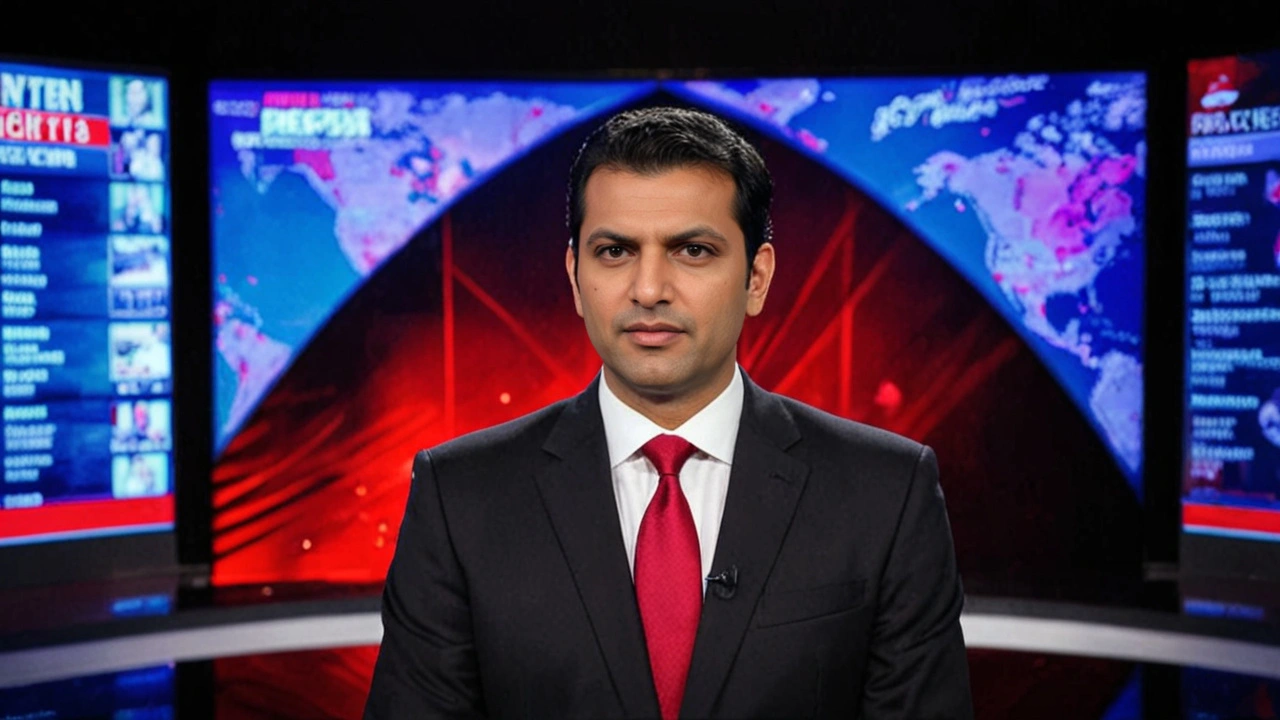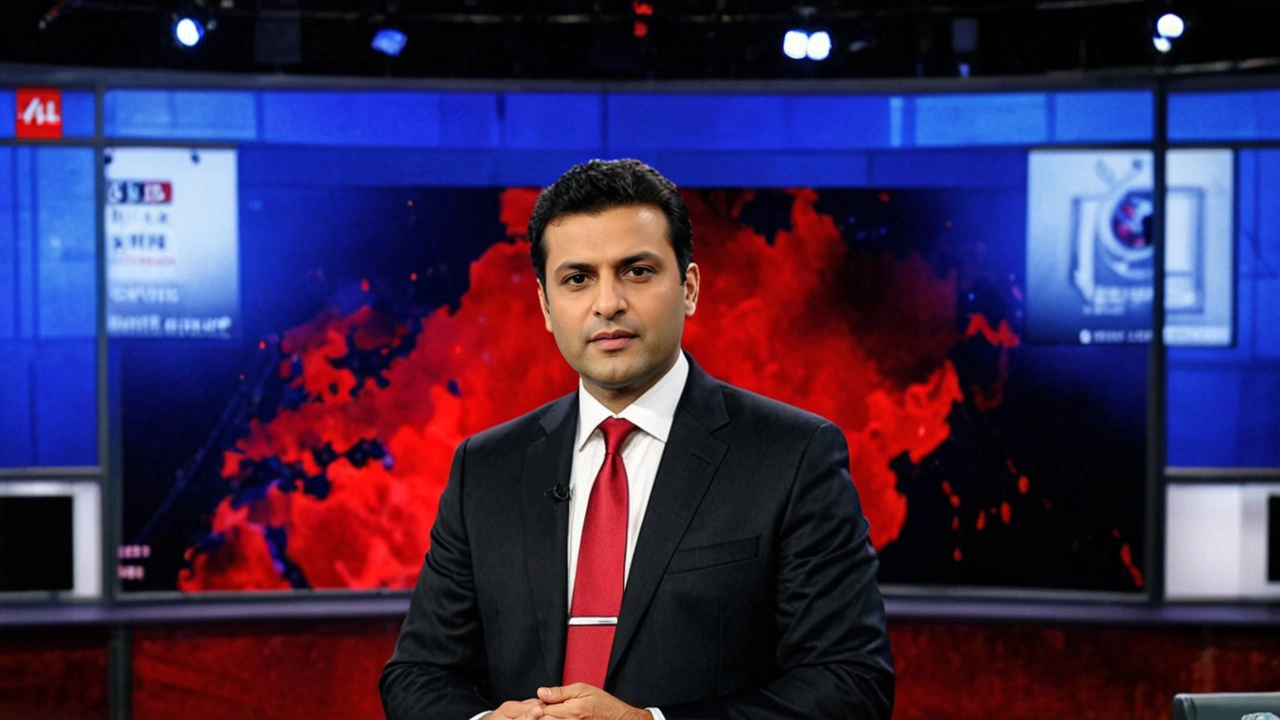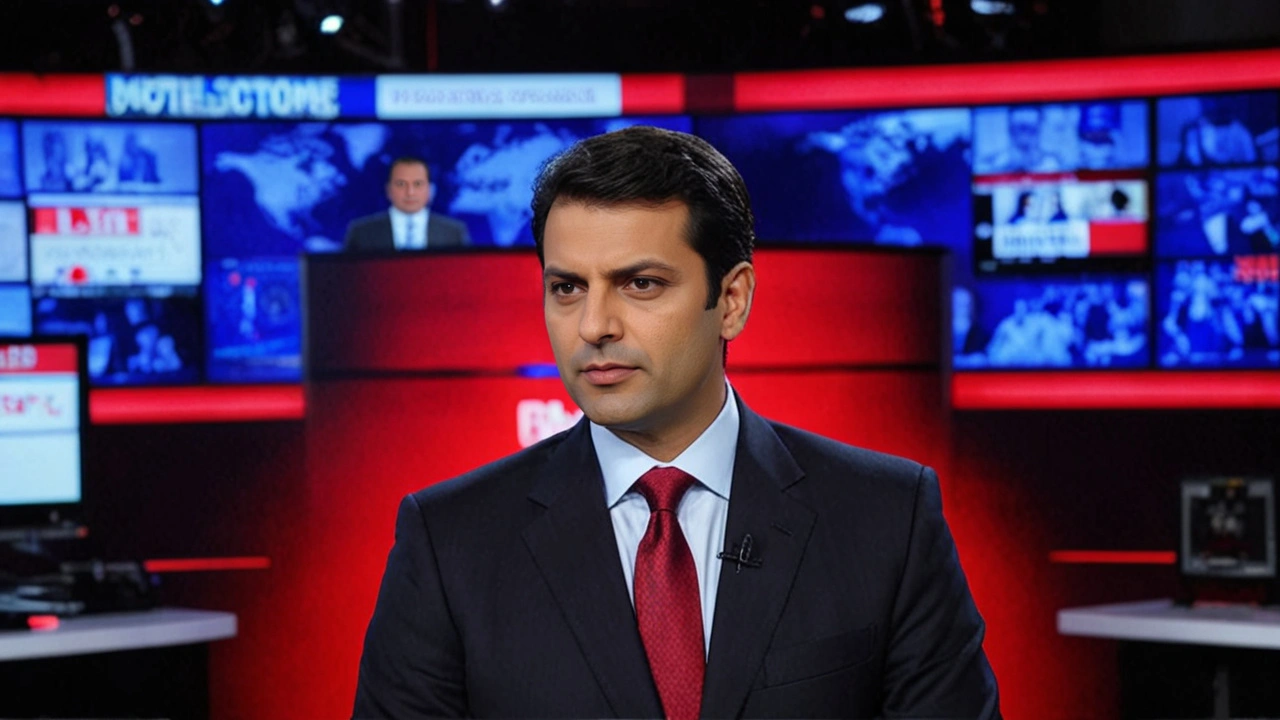Kenya Ordered to Pay Ksh.10M to Family of Slain Pakistani Journalist Arshad Sharif
A high court in Kenya, presided over by Judge Stella Mutuku, has ruled that the Kenyan government is liable to pay Ksh.10 million in compensation to the family of Arshad Sharif, a Pakistani journalist who was tragically murdered by Kenyan police on October 23, 2022. This landmark decision has not only brought closure to Sharif’s grieving family but also sparked a broader discussion on police conduct and accountability in the country.
The Tragic Incident
On the night of October 23, 2022, Arshad Sharif was traveling through Nairobi when he encountered a police roadblock. What ensued was a sequence of events that ended with Sharif being fatally shot by police officers. Initially, Kenyan authorities described the incident as a regrettable case of mistaken identity during a targeted operation for a stolen vehicle. According to the officials, the police believed that Sharif’s car matched the description of the stolen vehicle, leading to the tragic shooting.
This explanation, however, was challenged by Sharif’s family and a number of investigative journalists. Suspicions grew when a Pakistani fact-finding team conducted a thorough investigation and concluded that Sharif’s killing was not an accident but a premeditated assassination. This unsettling revelation added urgency to the family's legal battle for justice.

Legal Battle and Court Ruling
Represented by his widow, Javeria Siddique, Sharif’s family filed a lawsuit against the Kenyan government, arguing that his fundamental rights to life and protection were grossly violated. Judge Stella Mutuku, after reviewing the evidence and arguments presented, delivered a ruling that acknowledged the grave misconduct of the police. The court ordered the state to compensate the family with Ksh.10 million as a measure of justice.
Notably, the court's decision also highlighted the broader implications of the case. Judge Mutuku underscored that the state has a responsibility to ensure the safety and security of individuals, and any lapse in fulfilling this duty warrants accountability. The government has been given a 30-day window to appeal the ruling, but the judgment stands as a significant precedent in cases of police misconduct.
The Context of Sharif’s Life and Fleeing Pakistan
Arshad Sharif’s life was marked by his dedication to investigative journalism and his relentless pursuit of truth. He was a prominent journalist in Pakistan, known for his incisive and often controversial reports. However, his fearless journalism did not come without risks. Sharif faced mounting threats to his life and liberty, especially after facing charges of treason in Pakistan. He was accused of fomenting dissent within the military, a charge that could carry severe repercussions in a country with a complicated political landscape.
In a bid to escape these threats, Sharif fled Pakistan, seeking refuge in Kenya. Tragically, what he hoped would be a safe haven proved to be the setting of his untimely death. This harsh irony has not been lost on observers who see his death as a grim reminder of the risks faced by journalists worldwide, especially those who challenge powerful institutions.

Implications for Police Accountability in Kenya
The ruling in favor of Sharif’s family is more than a personal victory; it has broader ramifications for the issue of police accountability in Kenya. Incidents of extrajudicial killings and police brutality have plagued the country for years, with many cases remaining unresolved and perpetrators unpunished. The decision by Judge Mutuku underscores the imperative for systemic reforms within the police force and the justice system at large.
Human rights organizations have praised the court's decision, viewing it as a pivotal step towards ending impunity for police officers who misuse their power. The hope is that this ruling will pave the way for a more transparent and accountable policing system, where the rights and freedoms of individuals are rigorously protected.
Next Steps and Broader Impact
As the Kenyan government contemplates its next steps, including a potential appeal, the case will undoubtedly continue to attract significant attention both domestically and internationally. The tragic circumstances of Sharif’s death and the subsequent legal battle have also fueled discussions on the safety of journalists and the critical need for legal protections that safeguard freedom of the press.
For Sharif’s family, the court's ruling is a bittersweet victory. While no financial compensation can truly equate to the loss of a loved one, the acknowledgment of wrongdoing and the award of damages represent a step towards justice and healing. The case has also strengthened the resolve of journalists and human rights advocates who continue to fight for a world where truth-tellers can work without fear of retribution.

Conclusion
The life and death of Arshad Sharif are emblematic of the enduring struggle for truth and justice in a world where these ideals are often under threat. The Kenyan high court’s ruling is a reminder of the importance of upholding human rights and holding authorities accountable. As Kenya navigates the complexities of this case, the legacy of Arshad Sharif will continue to inspire those who dare to speak truth to power, despite the perilous consequences.

Diego Vargas
July 9, 2024 AT 08:10Kenya finally putting price on a life lost is a step forward. The court’s decision shows that even high‑profile cases can break through bureaucratic inertia. Still, compensation cant bring back a journalist, but it does set a legal precedent. Hopefully this pushes the police to review their engagement rules.
Alex Lee
July 16, 2024 AT 12:32Looks like Kenya just paid off a lawsuit.
Vida Yamini
July 23, 2024 AT 16:53The ruling sends a clear message that state actors can be held financially responsible for misuse of force.
The families of victims deserve more than money, they deserve truth and accountability.
When a court orders compensation it acknowledges that a grave wrong occurred.
Kenya’s police have been under scrutiny for years and this case puts pressure on the institution.
Human rights groups can now cite this judgment when demanding policy changes.
The decision also highlights how international journalists are not immune to local oppression.
Sharif’s work challenged powerful interests, and his death reflects the risks journalists face worldwide.
Compensation may help his family, but systemic reform is needed to prevent future tragedies.
The Kenyan government should invest in training officers on de‑escalation and proper identification protocols.
Legal frameworks must be strengthened to ensure independent investigations of police shootings.
Transparency in the police force can rebuild public trust that has eroded over time.
Media watchdogs can use this precedent to push for stronger protections for press freedom.
Families of other victims can look to this case as a beacon of hope for justice.
Judicial independence plays a crucial role in checking state power and safeguarding rights.
The international community should commend Kenya for this step while urging further action.
Ultimately, honoring Sharif’s legacy means making sure no other journalist meets a similar fate.
James Lawyer
July 30, 2024 AT 21:15The judgment underscores the principle that the state bears responsibility when its agents violate fundamental rights. By quantifying damages, the court provides a tangible metric for accountability. Legal scholars will likely reference this case in future discussions on extrajudicial killings. It also serves as a reminder to law enforcement agencies of the legal repercussions of misconduct.
Abby Culbertson
August 7, 2024 AT 01:37I feel sad for the family they lost someone they loved.
Money cant fix the pain but at least it's something.
Awolumate Muhammed Abayomi
August 14, 2024 AT 05:59We need more support fo journalists like him, they risk everything.
Lets keep pushing for reforms, we cant be quiet.
Josh Tate
August 21, 2024 AT 10:21Seeing a court finally recognize the tragedy is heartening. It shows that perseverance can lead to acknowledgment, even if belated. I hope the families find some peace through this decision.
John Smith
August 28, 2024 AT 14:42Everyone knows this decision is just the tip of the iceberg when it comes to police accountability. The system has been flawed for decades and this payout is a glimpse of change. Still, real reform requires more than occasional court orders.
Alex Soete
September 4, 2024 AT 19:04Great news! This shows that justice can actually happen when we keep the pressure on authorities.
Let’s celebrate the win but also keep the momentum going for more police reforms.
Every journalist deserves to feel safe while reporting the truth.
Cara McKinzie
September 11, 2024 AT 23:26Oh wow, another government paying out money – classic move.
Nothing changes until the whole system is overhauled.
Joseph Conlon
September 19, 2024 AT 03:48While some celebrate this compensation as a victory, others might point out that financial settlements often mask deeper institutional failures. The real question is whether the Kenyan police will undergo substantive training or just hide behind legal payouts. It’s easy to applaud a court ruling but far more challenging to enforce lasting policy changes. Moreover, the international community's applause can sometimes be a performative gesture rather than a catalyst for reform. If we truly care about journalist safety, we must demand transparent investigations and independent oversight. Otherwise, compensation becomes a superficial Band‑Aid on a systemic wound.
Mohit Singh
September 26, 2024 AT 08:10Sure, a ten million shilling payout sounds generous, but it does nothing for the root cause.
Maybe next time they’ll think before pulling the trigger.